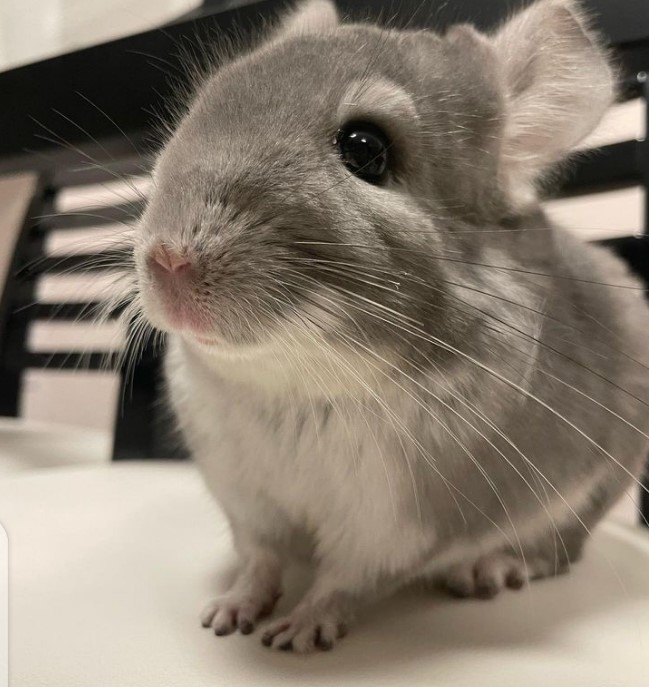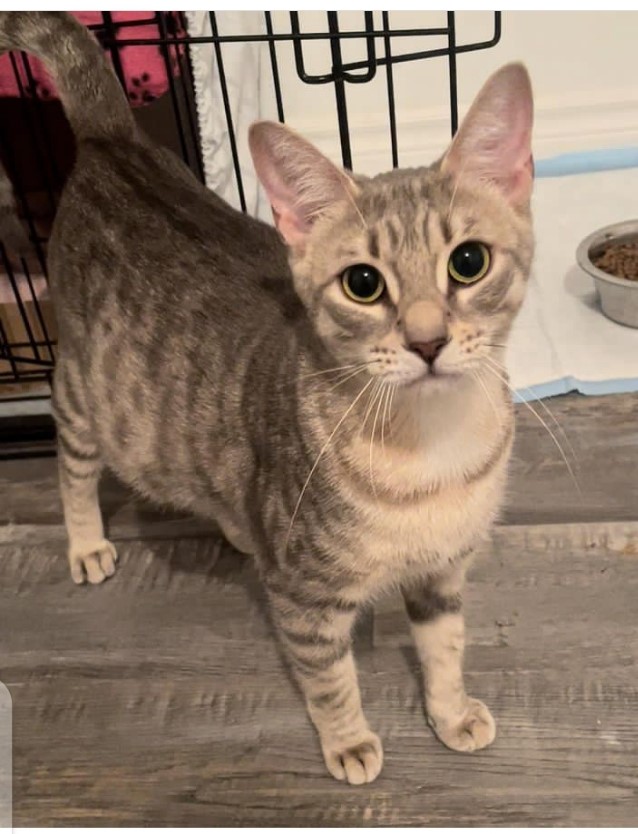Ferrets: The Curious And Playful Pet
Ferrets are small, slender mammals that make popular pets. They are known for their playful and curious nature, as well as their intelligence and affection. Ferrets are relatively low-maintenance pets, but you should know a few things before getting one.
What are ferrets?
Ferrets are members of the mustelid family, which also includes weasels, minks, and otters. They are domesticated animals and have been kept as pets for centuries. Ferrets are native to Europe and Asia, but they are now found all over the world.
What are the different types of ferrets?
There are two main types of ferrets: domestic ferrets and wild ferrets. Domestic ferrets are the type that is most commonly kept as pets. They come in various colors and patterns, including albino, sable, and cinnamon.
Wild ferrets are more significant than domestic ferrets and have a more aggressive temperament. They are not typically kept as pets.
What are the physical characteristics of ferrets?
Ferrets have long, slender bodies with short legs and long tails. They have small heads with triangular ears and a pointed nose. Ferrets have thick fur that can be short or long.
What are the behavioral characteristics of ferrets?
Ferrets are social animals and enjoy being around other ferrets and people. They can be very affectionate and bond closely with their owners.
What are the needs of ferrets?
Ferrets need a spacious cage with plenty of toys and hiding places. They also need a diet high in protein and low in fat. Ferrets need to be exercised regularly and should be taken to the vet for checkups at least once a year.
Here are some tips for caring for your ferret:
Provide a spacious cage
Ferrets need a cage that is large enough for them to run around and play in. The cage should also have plenty of hiding places for them to sleep and relax in.
Feed your ferret a high-protein diet
Ferrets are carnivores, so they need a diet high in protein and low in fat. You can feed your ferret commercial ferret food or a homemade diet that a veterinarian approves.
Exercise your ferret regularly
Ferrets must be exercised regularly to stay healthy and happy. You can exercise your ferrets by playing with them in their cage or taking them for walks on a leash.
Take your ferret to the vet for checkups
Ferrets should be taken to the vet at least once a year. This will help to ensure that your ferret is healthy and that any potential health problems are caught early.
Common ferret health problems
Ferrets are susceptible to several health problems, including:
Adrenal disease
This is a common health problem in ferrets caused by the overproduction of the hormone cortisol.
Insulinoma
This is a type of cancer that affects the pancreas.
Lymphoma
This is a type of cancer that affects the lymphatic system.
Aleutian mink disease virus
This is a viral infection that can cause various health problems in ferrets, including anemia, weight loss, and hair loss.
Is a ferret the right pet for you?
Ferrets can make excellent pets for the right people. However, it is essential to do your research before getting a ferret to ensure you are prepared to meet their needs.
If you are considering getting a ferret, visit a reputable breeder or shelter to learn more about these animals and choose a healthy and well-socialized ferret.
How to train a ferret
Ferrets are intelligent animals that can be trained to perform a variety of tricks. The best way to introduce a ferret is to use positive reinforcement. This means rewarding your ferret for good behavior.
Start by teaching your ferret simple tricks like sit, stay, and come. Once your ferret has mastered these tricks, you can move on to more complex tricks, such as fetch and rollover.
When training your ferret, be consistent and patient. It may take some time for your ferret to learn a new trick. But with patience and positive reinforcement, you can train your ferret to do almost anything!
Fun facts about ferrets
Ferrets are brilliant animals
They can be trained to do tricks, such as fetch and come. Ferrets are also very social animals and enjoy spending time with their humans and other ferrets.
Ferrets are very flexible
They can squeeze through tiny spaces, so it is essential to ensure your ferret enclosure is escape-proof. Ferrets are also excellent climbers and jumpers.
Ferrets are crepuscular animals, which means they are most active at dawn and dusk
This is because their ancestors were wild hunters who preyed on small animals at these times of day.
Ferrets have a very high metabolism
This means they need to eat a lot of food for their size. Ferrets also need a diet that is high in protein and fat.
Ferrets are curious animals
They love to explore their surroundings and sniff everything in sight. Ferrets are also very playful and enjoy chasing toys and playing games with their owners.
Ferrets are very affectionate animals
They love to cuddle and play with their humans. Ferrets also have a unique way of showing affection called “dooking.” Dooking is a soft, cooing sound that ferrets make when they are happy and content.



